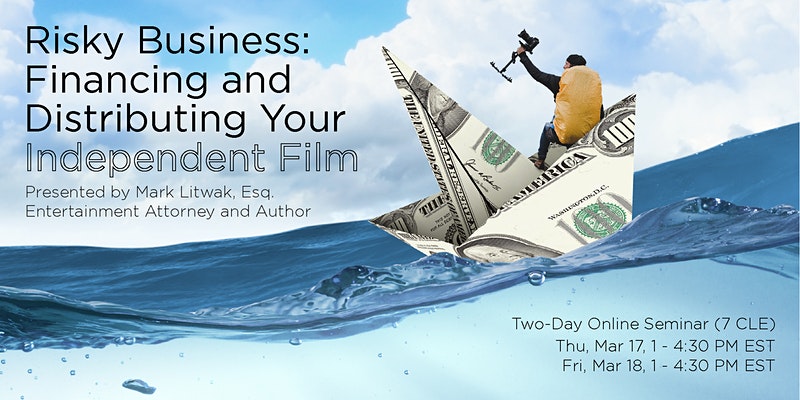The lawsuit alleges that the failed FTX Platform was based upon false representations and deceptive conduct to take advantage of unsophisticated investors who made investments. The complaint states that FTX and its affiliates used celebrity endorsers to raise funds pouring billions of dollars into the FTX Platform to keep the company afloat.
The suit alleges that the endorsers never disclosed the nature, scope, and amount of compensation they personally received in exchange for the promotion of the FTX Platform, and that a failure to disclose is a violation of the anti-touting provisions of the federal securities laws. Furthermore, Plaintiffs alleged that none of these defendants performed any due diligence prior to marketing these FTX products to the public.
The lawsuit cites other celebrities similarly accused and prosecuted for failing to disclose their paid endorsements including Kim Kardashian and basketball player Paul Pierce. According to the FTC, investors have lost more than $80 million in crypto scams, due in large part to celebrity endorsements. Kim Kardashian reportedly settled similar claims this year by the SEC for $1.26 million without admitting any wrongdoing.
Read the lawsuit


